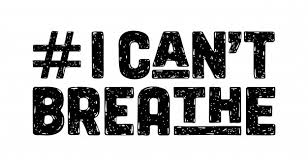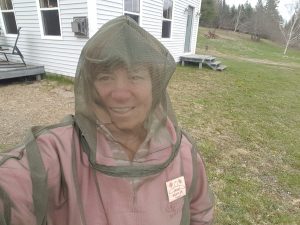
I’m afraid to feel during these days of COVID-19. Afraid that if I give myself to deep feeling, I’ll lose my ground, lose my grip, lose my self. Instead, I hover; hold myself above what’s threatening to bubble up from my deepest core.
This morning, I listened to the news, something I learned to limit pre-pandemic. It felt safer, calmer to avoid the battering political news of me against you, fact or fiction, love and hate. But now, in this pandemic world, I think it’s my duty to listen some, to stay informed, to care about what’s going on in our world. So, I listen to CBS Morning, the only free newscast on my Roku TV. “World in Ninety Seconds” is the brief touch I need as it zips through major news happenings. This morning, I watch the duality of approaches to safety. I see mask and no mask, crowded beaches and boardwalks and I listen to warnings and, what most assuredly is to follow, don’t over-worry.
And then, Caution, what you’re about to see is very disturbing. And, like a moth drawn to flames, I’m at full attention. I see a police officer kneeling on the neck of a man, who pleads he can’t breathe. They say an ambulance is coming because he was in distress even before his throat was pinned to the ground. And I watch him die as the white officers do nothing, hold their ground not wanting to lose their grip.
My throat closes, my belly tightens, my voice quivers as I say to my husband, it must be hard to report on this if you’re black, in response to Gail King, Oprah’s best friend, halting, middle of the road commentary. What I really mean is, I can’t stand this, when will it end, who are we? I suppress the bellowing howl, jump over the beckoning hole threatening to swallow me and pour myself a bowl of cereal, slice a banana, add my almond milk. I feel helpless to do anything more.
I’ve held myself back from this pain before and am humiliated that I don’t remember the names of other racial victims. Trayvon Martin, Eric Garner, Ahmaud Arbery, the list grows too long. I’m told we must hit bottom before things turn around. But didn’t we do that with pre-civil rights lynching and 1970 riots? Isn’t this just another form of lynching? Why won’t it stop? Each scene is a personal affront to humanity, yet I know my affront is only knee deep. When Trayvon Martin died, the same age as my bi-racial grandson, I waded a little deeper—maybe mid-thigh.
I cringe as I remember years before when my white privilege cautioned my freckle-faced, red-headed son that as a teenager, people would treat him differently, expect him to be doing wrong. Cautioned him to be careful and respectful—but only because it helped him understand why people were trailing him in a store—not because he might die.
All this swirls as I listen to news that consumes my hope and destabilizes my equilibrium. What are these feelings that threaten the steady beat of my life? I dare not open Pandora’s box. Afraid to give it voice, I stop and start—delete a word, a sentence—try to put words to this bubbling belly wound, forever festering in a pandemic world filled with hate, fear and divisiveness. I’d rather soothe it, make it go away, grow a scab over it.
For weeks, a book title has been trying to catch my attention, Love in the Time of Cholera, one of my favorite books, although being one who forgets just as quickly as she reads, I can’t remember why. I dream about writing a new book, Love in the Time of Corona, one of hope and healing, of global love. But I struggle to find a working plot. Maybe, the truth I’m seeking to understand, would be found in writing Hate in the Time of Corona, where we stumble, feel and begin to heal.





